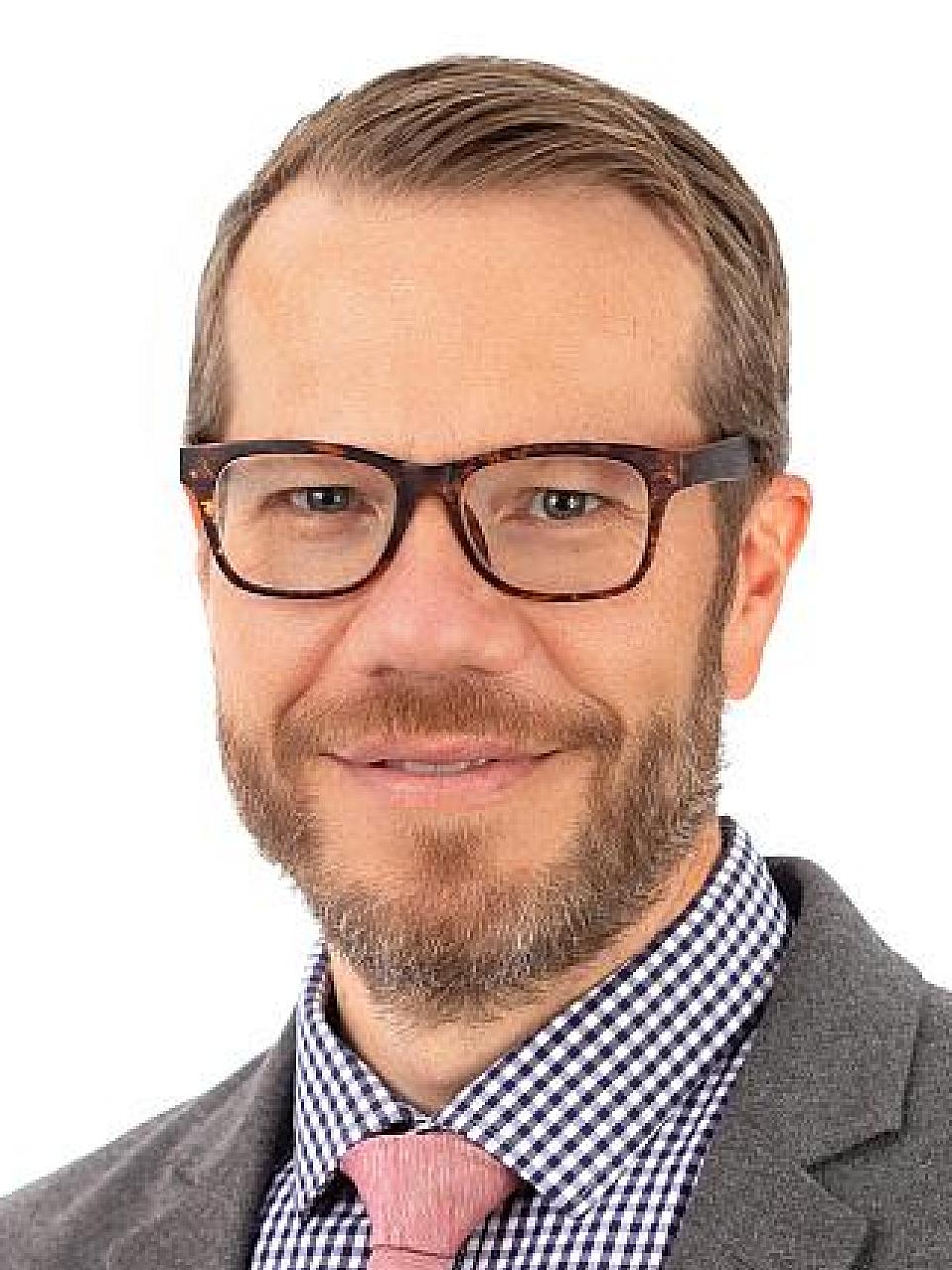Voices of U of U Health
Living Your Own Life Agenda: Leisure
This is the eighth blog in a series aimed to help you develop a stronger life agenda. We will use the domains defined in the life wheel. Each blog in the series will focus on one domain with prompts and exercises to help you learn more about shaping your agenda for that domain.
Guard well your spare moments. They are like uncut diamonds. Discard them and their value will never be known. Improve them and they will become the brightest gems in a useful life.
– Ralph Waldo Emerson
What do you do in your free time?
My favorite time of day to think and write is in the early morning before anyone else gets up. However, on the morning I got up to start writing this post, my nine-year-old daughter heard me stirring and came to find me. She said she had a plan for us. We would go for a walk, get bagels, and play “I spy with my little eye.” I obliged, of course. How could I not?
Finding New Ways to Play
Like a lot of people, I struggle to prioritize leisure in my life. It can feel like we don’t have free time away from work and other “adult” responsibilities. Yet there are social, physical, and cognitive benefits to carving out time for leisure activities.
Kristin Wong, writer for The New York Times, says adults should play more like they used to when they were kids—as a way to step out of the daily grind. “Play is similar to meditation in that it helps you focus on where you’re at in the moment and reset your busy, perpetually exhausted adult mind,” Wong explains.
To reintroduce free time, she suggests discovering the adult version of things you used to do as a kid. For example, if you used to love climbing trees, maybe you should hike or go to a climbing gym. Instead of setting aside childhood interests, maybe there’s an updated version that could bring more play back into your life. Or maybe the child version still applies.
Play time can also inform us about what we find fulfilling professionally. I recently talked to a physician who connected his childhood love of sports to his specialty. He realized that, just like playing team sports, he was well-suited for high-pressure, collaborative situations in the ICU. He enjoys being in an environment where he can problem solve and mentor others.

Why Don’t We Play More?
We tell ourselves we are too busy. To some extent, this is true. Between cell phones and virtual meetings, we are accessible 24/7. We’ve all been in Zoom meetings where people join while driving, multi-tasking, or—even more alarming—while on vacation. I’m guilty of doing all of those things. It would do us all some good to reset boundaries around when we are and are not accessible.
In addition to technology encroaching on free time, there are endless things to do at work and in our personal lives. An ever-growing list of things to be done beckons us. I’ll admit, I always have a checklist running in the back of my mind. And when I am not working on that checklist, I can feel unproductive or like I’m wasting time. In contrast, leisure time is unboxed, unstructured.
Even a hobby doesn’t count as free time. For me, an unscheduled Saturday without a checklist is something I’m learning to appreciate more.

Making Time for Leisure
I asked another colleague how he makes time for things outside of work. His advice was to stop trying to do the “king-size” version of everything and learn to enjoy the “fun-size” instead. Applying this advice to leisure, what does it look like to enjoy free time more in our day-to-day lives?
Getting into leisure mode: I’ve discovered that taking a road trip to southern Utah helps me relax. By the time I reach my destination, I’ve been away from my phone for a few hours, taken time to look out into desert, and actually experienced some boredom. Try to find a practice that helps you relax and unplug.
Reading or listening: I’m an early riser and usually pretty tired at night. I find that listening to books is something I can do while taking care of other things. And I absorb more content than I would trying to turn pages and dozing off. I just finished a novel (normally I read non-fiction) and it was wonderful. I realized I should do this more.
Creating freely: In her book, The Artist’s Way, Julia Cameron suggests a free-writing exercise called “morning pages” as a way to be more creative. The idea of writing whatever you want helps you be more creative. Try a 10-minute free-write sometime.
Taking a break: When my anxious mind ramps up during a busy day, I listen to a three-minute body scan. I also had a colleague who would take a walk outside around the building after an exhausting meeting or difficult conversation.
For all the doers and box checkers who never take downtime, may we find a little more unstructured space in our lives and play like a kid. It’s good medicine.
Other Blogs In This Series
Living Your Own Life Agenda: Family
Living Your Own Life Agenda: Career
Living Your Own Life Agenda: Social
Living Your Own Life Agenda: Intellectual and Learning
Living Your Own Life Agenda: Health
Living Your Own Life Agenda: Finance
